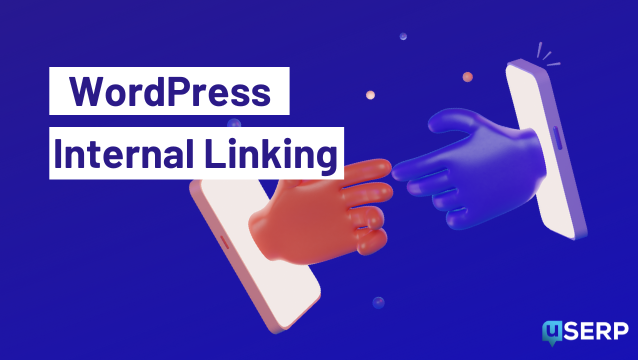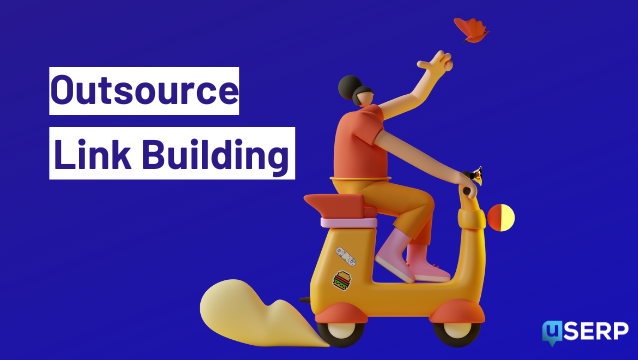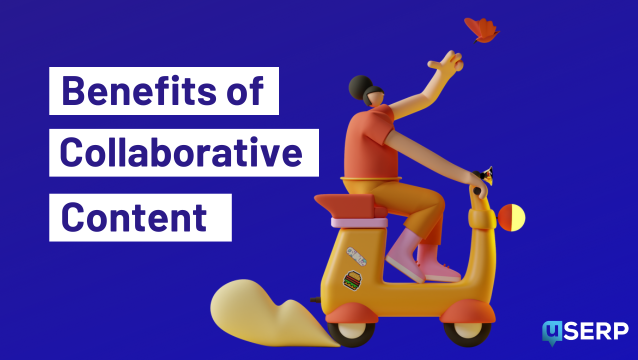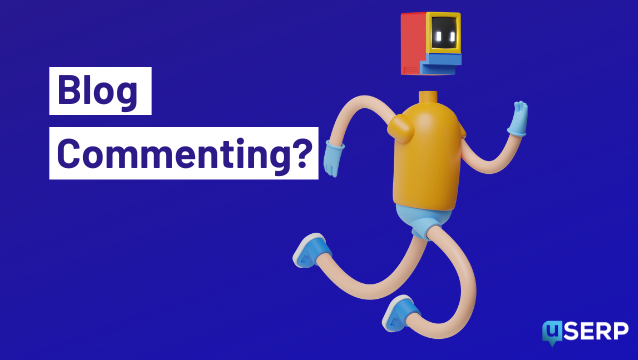Excerpt: SEO works as an advantage for the web pages according to the user experience. Search engines’ bots estimate the relevance of the information available on the web page according to the searched keywords and rank pages accordingly as search results.
Source: Unsplash
Difference between On-page and Off-page SEO. All you need to know
Search Engine Optimization (SEO) is a familiar term for many digital marketing agencies across the globe.
Business owners and marketers use it to bring traffic to their websites, reach new audiences, and generate revenue. Over the years, SEO has evolved and become an indispensable tool. But at the same time, its complex algorithms are becoming increasingly difficult to understand and implement.
To understand the evolution SEO has gone through, let us first look at how SEO works:
What Is SEO?
SEO helps bring your website on top of search results when users are searching for keywords related to your business.
Since organic search is the most reliable way for people to discover your business online, a good SEO strategy is essential to bring the right traffic to your website.
Source: Unsplash
How Does It Work?
Popular search engines such as Google and Bing have bots that analyze the data on a page or a website and collect information from the page and distribute them into categories.
When a user on the internet searches for a word or a sentence, for example, ‘vegan diet,’ the possible result they might be looking for could be the meaning, what it includes, how much it costs, what are its merits and demerits and what could be the possible side effects.
The next thing that the search engines’ algorithms do is analyze the information on different pages and websites according to the content and rank the pages according to the most relevant information.
Search engines’ bots also estimate the relevancy of the information available on the web page according to the searched keywords and rank pages accordingly as search results.
Unlike the paid ads seen on the top search results, SEO shows organic search results. Ranking higher on searches involves doing the appropriate keyword research and using them while writing informative blogs and articles.
To organically bring the audience to your website through SEO, you will need a team that has excellent research skills and also adequate knowledge about SEO.
Now that we know what SEO is and how it works, it is essential to understand why SEO is considered a significant part of marketing:
Source: Unsplash
Why Is SEO Important In Marketing?
SEO plays a significant role in digital marketing, as there are millions of searches every day on varied topics and keywords, with the most relevant pages ranking right on top. The higher the page ranking, the more the chances that people will click on the page and visit the website. Due to this, search engine rankings are the primary mode of revenue generation for most businesses and service providers.
People often surf the internet with different intentions, such as solutions, queries, finding information, and buying products or services. With greater visibility, your product or service will be viewed by more people, and your digital presence will be enhanced.
However, people today prefer websites with more concise answers without beating around the bush, as this makes your website more reliable and trustworthy. People are also more likely to stay longer on pages with all the relevant information they need.
SEO is considered one of the most critical tools in digital marketing. Businesses looking at growing their online presence must have an SEO team or hire the services of an SEO content writing agency to maintain and boost their online presence.
Many content agencies specialize in SEO and digital marketing that offer a much lower price than hiring a full-time SEO specialist. These specialists should have a deep understanding of site architecture, and how to build relationships with other content marketers.
To enhance search engine optimization, SEO specialists have specific strategies which are divided into two broad categories on-page SEO and off-page SEO.
Source: Unsplash
Difference Between On-Page And Off-Page SEO
Both on-page and off-page SEO is essential for a successful SEO campaign, but both are very different and need to be understood in depth. To understand the concept, let us look at the differences between both:
On-Page SEO
On-page SEO is also known as on-site SEO and is the strategy where optimizing the website to generate more traffic is involved. Pages on search results are ranked on several factors such as accessibility of the site, speed of the page, optimized content, keywords used, title tags, and most importantly, the content.
On-page optimization includes things on your website that you have total control of and can change to bring in more traffic. Let us look at the factors related to on-page SEO and how it can be optimized:
Source: Unsplash
Factors Affecting On-Page SEO
How can you make sure that the factors affecting on-page SEO on your website are done right? Here is a list of how you can optimize your website organically:
Title tags.
The best way to make your article or page stand out is by using the targeted keyword in the title of your page. Here are a few tips for writing the best title tags:
- Use a maximum of 50 characters, including spaces
- Use the keyword at the beginning of the title appropriately
- Don’t overuse the keyword
Headings (H1).
The page’s Headings are generally the largest compared to all the other copies on your page. The most efficient way to optimize it is by using the keyword in the heading.
Alt Text For Images
Alt-text is the text added to an image to describe the content in the image. This text is not visible to a general visitor on your website but is managed in the back end.
This text can be read by screen reader software to understand the image’s content and make it visible when a related keyword is searched. Just like images, search engines crawl images in the same manner.
Here are some tips to accurately write the alt-text:
- Describe the image thoroughly in about 8-10 words
- Include the target keyword
- Include a geo-locator indicating the location
Loading Speed Of The Page
Google algorithms intend to give their user what they want in lightning speed to give them the best user experience. Making changes to your page to load faster makes it rank higher in search results.
There are several factors on which the speed of the page depends; key factors to keep in mind are:
- Minimize HTTP requests
- Make sure that the response time of the server is less than 200ms,
- Set the browser cache to at least a week
- Enable Gzip compression
- Have all image sizes less than 100kb
- Ensure that all CSS is placed in external style sheets
Making The Website Mobile Friendly
Since smartphones have taken over in the majority of desktop users, Google gives priority to mobile-friendly websites as well. Google automatically ranks those websites and pages better which are easily accessible through desktops as well as smartphones.
Source: Unsplash
What Is Off-Page SEO?
Off-page SEO is more about increasing the authenticity of your website by getting backlinks on other websites and also maximizing brand/website mentions.
While several factors affect the off-page SEO of your website, here are some of the most important ones:
- Inbound links
- Social media marketing
- Guest blogging and guest posting
- Unlinked brand mentions
- Influencer marketing
The most essential off-page SEO factor is the quality of backlinks to your website.
- Offering high-quality content that makes people want to visit your website
- Having high engagement posts on social media that lead to the website.
- Collaborating with influencers on social media to promote your website.
- Writing guest blogs for websites related to your industry and linking back those blogs to your website.
Google closely monitors the content and behavior of users on the page through its algorithms and penalizes companies and brands who create junk links or try to buy links to rank higher.
Source: Unsplash
Which Is More Important On-Page Or Off-Page SEO?
On-page and off-page SEO work together to help improve search rankings and complement each other. But it is generally advised to have your on-page SEO done well before shifting your focus to off-page SEO.
For example, while building a house, you have to start with a strong foundation and then move your way up to complete it with a lasting roof. When you begin to focus on off-page SEO, there are chances that you have to make changes in the on-page SEO as well.
Source: Unsplash
Final Word
Now that you understand on-page and off-page SEO, it will be easier for you to make your website better and more popular. Using both these tools can make your website more visible and rank on top during search results.









